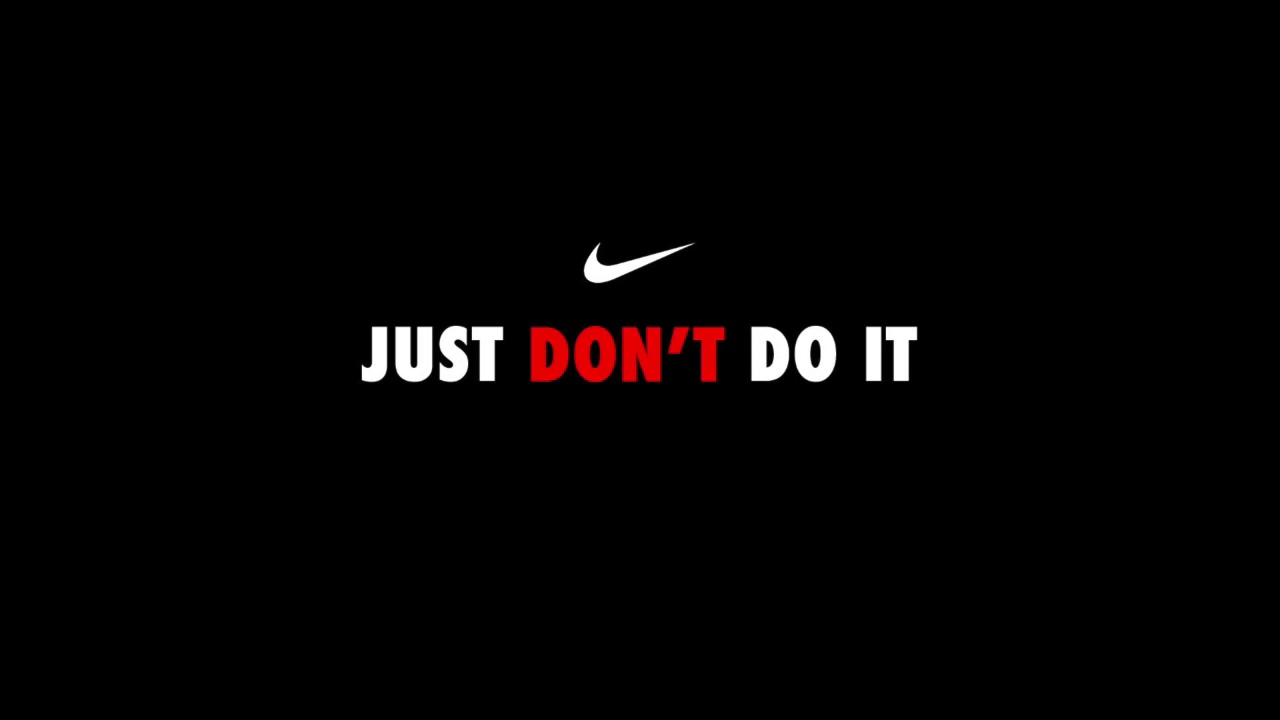
Corporations May Not be in Solidarity with Social Issues but Are with Your Money
It’s trendy (and lucrative) nowadays to align business in support of social justice issues and lethal not to.
Silence equals compliance. And compliance results in profit loss and a tarnished relationship with the public.
Corporations that use their platforms to take a stance on social issues are not only unifying with their current and future clientele, but the move is advantageous for them.
Now more than ever, there exists a heightened and expressive social consciousness or “sense of wokeness” among the American people, thanks to social media and the willingness of the public to start dialogues regarding such issues.
What also exists is an unspoken rule that everyone from celebrities to corporations must speak out and utilize their platform, revenue, and resources to contribute positively to society and the world.
Increasingly within the last decade, corporations have been deeming it necessary to also have a stance on social and environmental issues and take action relevant to said stance.
Many applaud and stand in unison with these companies and corporations for retaliating on widely-agreed immoralities through written communications and or by action-oriented agendas.
When social controversies present themselves, they pose a question to the rest of society including corporations that forces them to pick a side.
And when they don’t, society interprets it as either indifference or compliance, which negatively impacts the brand and revenue of said corporations.
In 2013, executive editor and film critic, Sonny Bunch in The Washington Free Beacon expressed how, “If you're not with the politicized being, you're against him -- and if you're against him, he is well within his rights to ruin you personally and economically. You, the political other, are a leper to be shunned."
Interestingly enough, ever since social media has risen to prominence, so has the revelation of corporations’ stances on political and social issues. This is in spite of the Corporate Social Responsibility (CSR) being shaped in the 1950s, according to Thomasnet.
Although optional, many businesses have recently opted to make the CSR mandatory for a noble reputation and profitable endeavor.
Therefore, it is important to question why are corporations becoming more and more politically and socially active? Is this simply a PR move to be in solidarity with their consumers or their wallets?
Businesses are well-informed that customers are interested in who they are because it influences whether they will be a customer or not.
According to Nielsien’s Global Retail Analysis, “Fifty-five percent of global online consumers across 60 countries say they are willing to pay more for products and services provided by companies that are committed to positive social and environmental impact.”
As Associate Professor at Calvin College, Micah Watson in Public Discourse put it more intimately.
“True friendship would then depend on a shared understanding of what is good,” he wrote.
Consumers and their relationship with their go-to brands is of paramount importance because it is a friendship that survives on the common understanding and belief of what is ‘good’. The shared or unshared beliefs indicate how both parties will behave in the relationship.
Moreover, fans and customers expect and pressure companies and celebrities to join them in their stance on social, economic and or environmental issues.
Their silence, refusal, and or contradiction can cost them when they would much rather be charging you which explains the increase in social activism on social media and ‘wokeness’ in corporate culture.
The evolution of pop artist, Taylor Swift is an example of the power of said backlash.
Four years ago, Swift was not politically or socially active until she was publicly criticized and gradually changed her stance which can be seen in her Netflix documentary, Miss Americana.
RELATED CONTENT
Do these businesses and celebrities only do this because of fan and customer pressure? Are they afraid of backlash for not speaking out?
That’s not to say there haven’t been companies to make genuine efforts — and risk profit for the sake of a social issue.
There are several that have risked the entirety of their brand within the last few years for the sake of something bigger than themselves.
Nike is one company known to challenge the norm and call out social injustices.
It was seen in 2018, when the company announced former NFL player, Colin Kaepernick, as the face of their brand in an ad campaign after he stirred controversy a few years ago by kneeling during the National Anthem in a display against racism and police brutality.
They knew it would damage the brand, but persisted with the mission to “Believe in Something. Even If It Means Sacrificing Everything.”
However, those that did not take the ad campaign lightly, abandoned the Nike clan and “started their own protest, burning their Nike NFL jerseys” shortly after.
But more importantly, it resulted in praise and overjoyment of many who longed for another well-known platform to become allies with to fight a political and systematically racial war.
Recently, however, Nike’s “Just Don’t Do It” ad has strained their relationship with many of their customers who found it to be absent of the Black voice after the murder of George Floyd late last month, which sparked nationwide Black Lives Matter protests.
Nike was not only expected to speak out about the current uproar of racial injustice after George Floyd’s murder, as mentioned, they have retaliated many times in the past about similar and other issues, but to also accurately and viscerally capture the essence of America’s rooted racial injustice.
Considering how ‘awkward’ and ‘vague’ as many disapproving viewers described it, did Nike genuinely speak out for the same reasons the public did and have in the past or was it simply to put in the bare minimum to save themselves?
Ultimately, is a brand's fear and willingness to be silent more of a priority than being ethically and morally just?
No. It is necessary and just for those with the means and power to influence this world to do so in a constructive and promising manner.
Needless to say, if corporations and companies speaking out is of such importance, it is just as important to know why.











LEAVE A COMMENT: